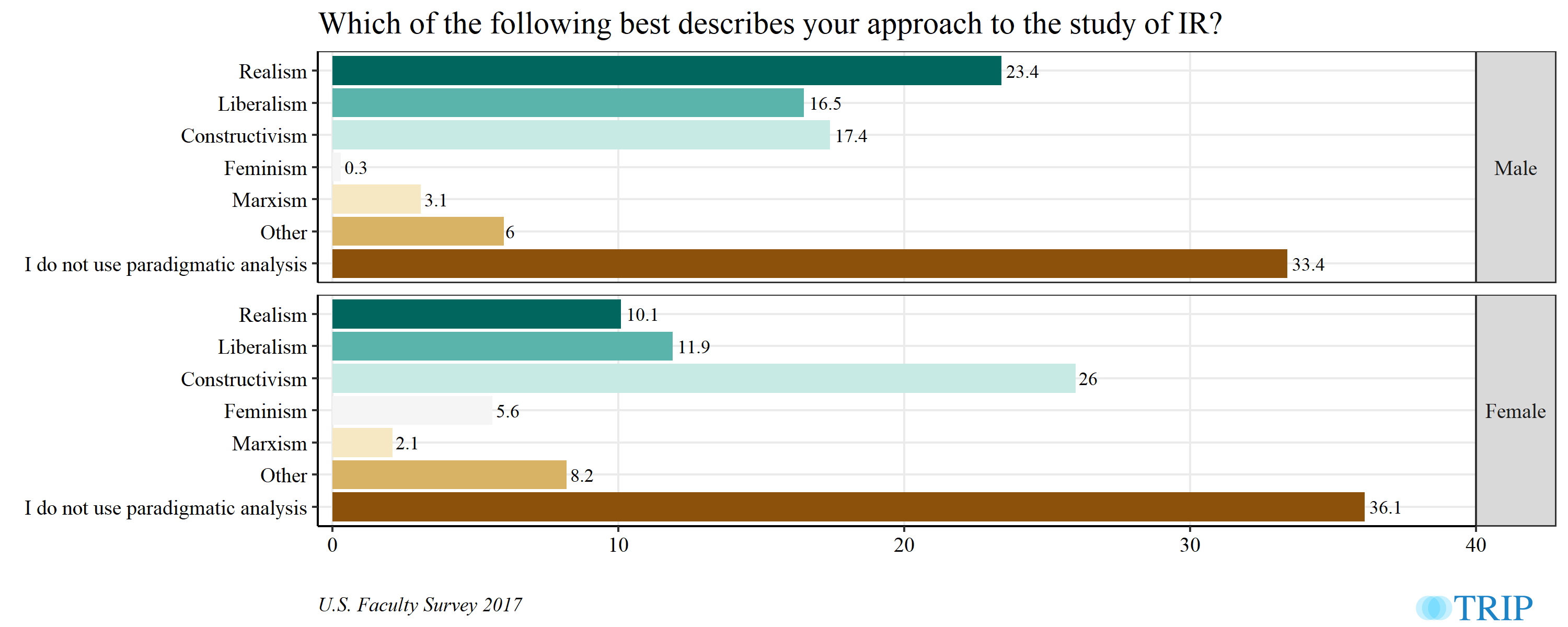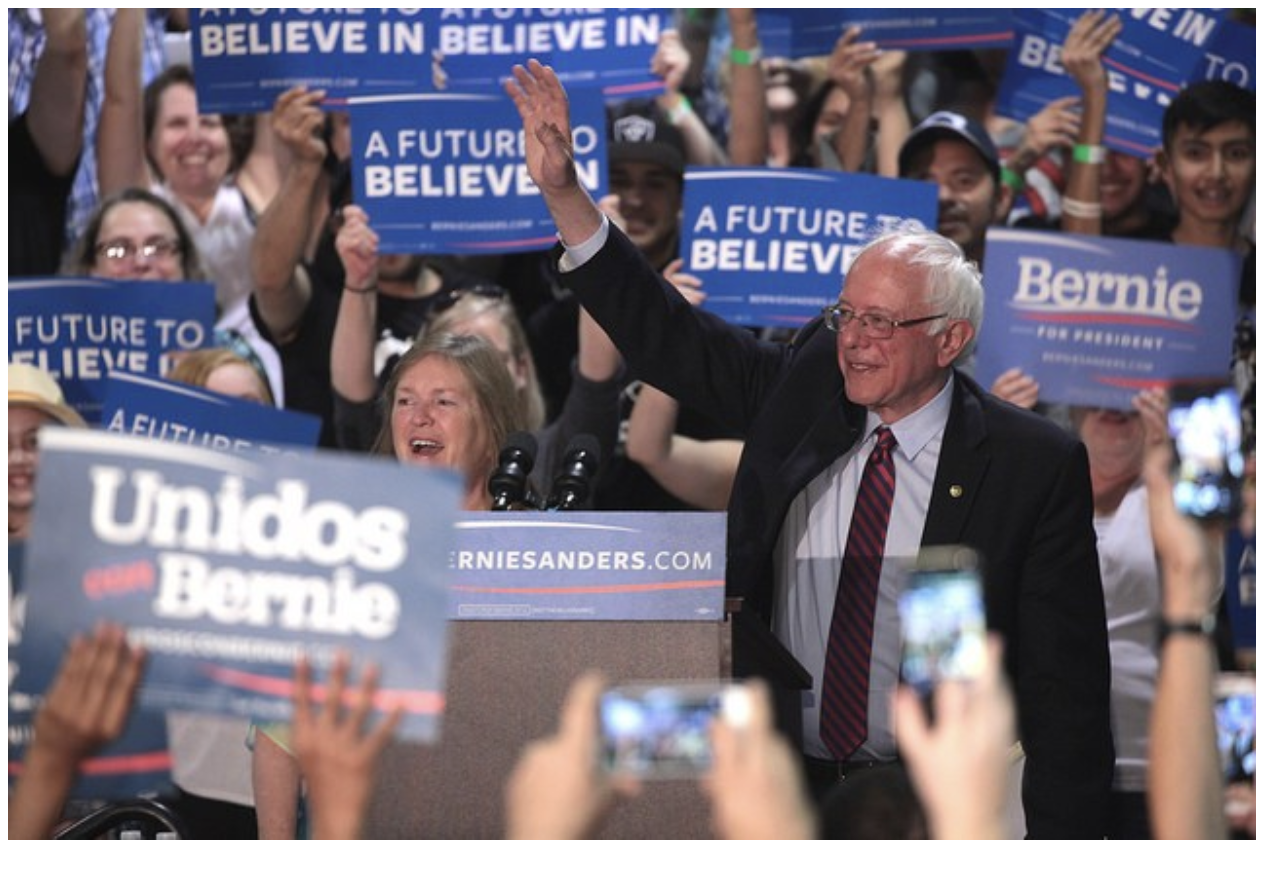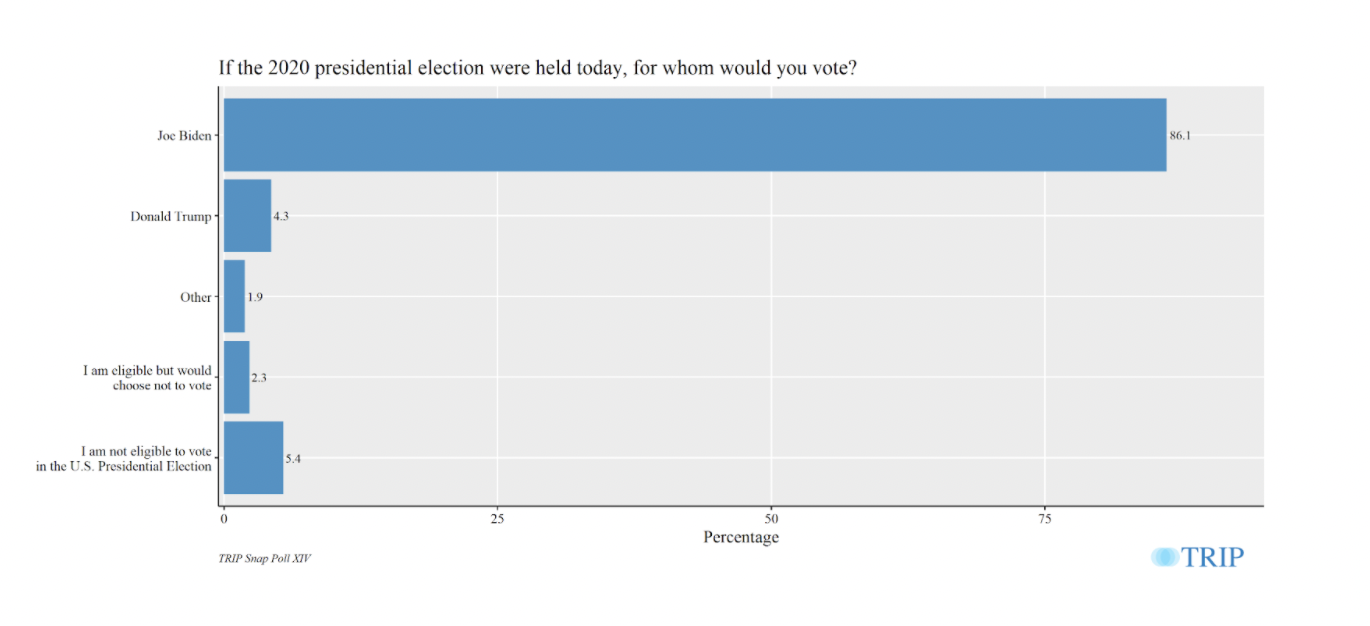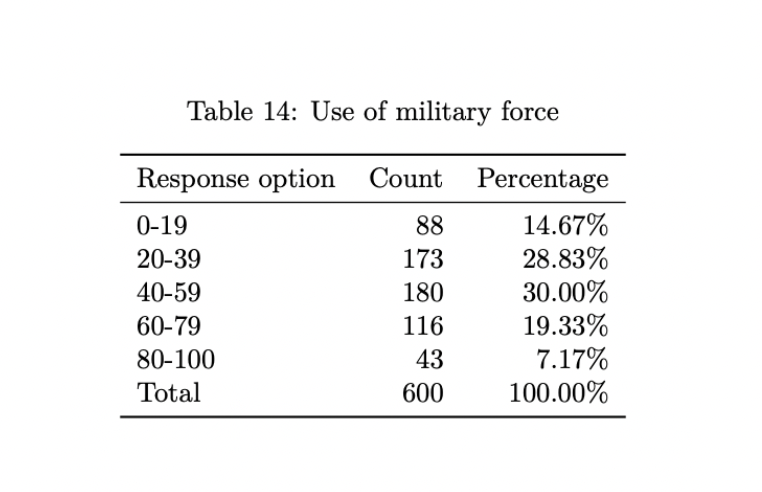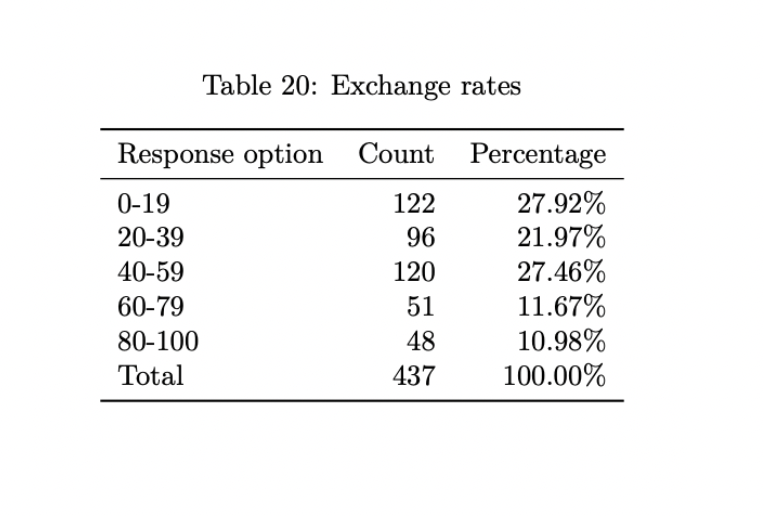By Maggie Manson
December 1, 2021

With the Delta variant of COVID-19 currently ravaging the globe and polarizing politics surrounding vaccination in the U.S., what does the future look like for vaccination of the developing world? Many experts think that country-to-country vaccine diplomacy along with the WHO-supported COVAX initiative may be the answer to widespread vaccine rollout that will get us back to some semblance of “normal.”
Vaccine diplomacy is the practice of diplomatic exchange where one country provides access to COVID-19 vaccinations in return for diplomatic ties with the receiving country. As Dania Thafer of the Gulf International Forum puts it: “Instead of securing a country by sending troops, you can secure the country by saving lives, by saving their economy, by helping with their vaccination.” This practice has the potential to save lives by supplementing the WHO’s efforts towards global vaccine rollout which has encountered many logistical challenges, leading to slower deployment of vaccines.
“Instead of securing a country by sending troops, you can secure the country by saving lives, by saving their economy, by helping with their vaccination”
– Dania Thafer, Executive Director of the Gulf International Forum
The landscape of vaccine diplomacy has altered drastically since the creation of COVID-19 vaccines. Back in April 2021, China and India were engaged in a race towards the most effective and efficient campaign of vaccine diplomacy. The two countries were producing and distributing vast amounts of COVID-19 vaccines to partner countries, in an attempt to strengthen diplomatic relations and grow their spheres of influence. However, since India’s surge in cases and the emergence of the delta variant in the U.S. in March 2021, they have had to refocus their efforts and resources towards their own citizens, creating a change in the key players of vaccine diplomacy. Now, countries such as the U.S., Russia, and various European states are beginning to engage in vaccine diplomacy, while continuing to push for vaccination of their own citizens.
The Problems with Vaccine Diplomacy
To understand the key issues with vaccine diplomacy, it is important to look at which countries are engaging in the practice and what vaccines they are using to do so. Vaccine diplomacy leaders, China and Russia, are using SinoVac and Sputnik V, respectively. The U.S. is following behind with a mixed distribution of Pfizer, Moderna, Johnson & Johnson (J&J), and non-U.S. approved AstraZeneca. Prior to halting their campaign of vaccine diplomacy to deal with their own COVID crisis, India was distributing AstraZeneca to neighboring countries. EU countries have been late to the game but have begun to engage in vaccine diplomacy by distributing stockpiles of the AstraZeneca vaccine. Back in July, Algeria, Saudi Arabia, Turkey, and the UAE were sending some of their vaccine stockpiles to Tunisia, which was facing an acute COVID crisis.
While the act of exchanging vaccines for goodwill and diplomatic ties may seem like an effective strategy to vaccinate developing nations, there are some key issues with this approach. First, the production scale of vaccines such as J&J, Moderna, and Pfizer presents an obstacle to the distribution of these vaccines. These effective vaccines are primarily produced in the U.S. and have highly sensitive transportation requirements to ensure they remain viable. The AstraZeneca vaccine, however, is being produced in Belgium, India, South Korea, and the UK, making access to the developing world more feasible. While this vaccine has not been approved for usage in the U.S., it has been authorized for individuals 18 and older by the WHO, making it a strong candidate for vaccine diplomacy. This allows AstraZeneca producing countries and those with stockpiles to engage in vaccine diplomacy. However, an access barrier still exists for countries located further away from AstraZeneca-producing countries.
Another major issue with vaccine diplomacy is the effectiveness of certain vaccines used in the process. The vaccine efficacy of China’s Sinovac has been called into question by states on the receiving end of vaccine diplomacy such as Cambodia, Malaysia, and Thailand. Many of these recipient countries are turning to other sources and paying countries and companies for booster shots to supplement Sinovac. TRIP Primary Investigator Professor Michael Tierney had this to say on China’s vaccine rollout: “China was the first-mover using targeted vaccine distribution to support broader diplomatic goals, but rollout has been rocky and it may actually backfire if it fails to deliver safe and effective vaccines at levels promised last year.” While the faltering Chinese vaccine diplomacy campaign is of great concern for the health and welfare of recipient countries, this does present an opening for the U.S. to step in and aid these countries in getting their populations vaccinated.
“China was the first-mover using targeted vaccine distribution to support broader diplomatic goals, but rollout has been rocky and it may actually backfire if it fails to deliver safe and effective vaccines at levels promised last year.”
– Professor Michael Tierney, TRIP Primary Investigator and Director of William & Mary’s Global Research Institute (GRI)
U.S. Response
The U.S. is now faced with the opportunity to improve global public health and strengthen diplomatic relations with a variety of strategically important countries. With the shortcomings of China’s vaccination efforts, the U.S. can target Southeast Asia, a region that has been largely encompassed in China’s sphere of influence in recent years.
Generally speaking, scholars do not think the administration is effectively doing enough on an international scale. When surveyed in April 2020, 80.3% of IR scholars said that the U.S.’s role in coordinating the international response to COVID-19 was not effective at all. In April 2021, respondents thought that the U.S. was doing better, with 38.7% finding the U.S.’s role to be somewhat effective. However, scholars are still not impressed with the administration’s approach, with more than 50% reporting the U.S. role as either not very effective or not effective at all.

Additionally, the U.S. must focus efforts towards India, for both strategic reasons and a moral obligation to do so. In TRIP’s Snap Poll 15, scholars were asked if the Biden Administration is doing enough to help in regards to India’s COVID-19 public health crisis. 67.4% of scholars answered that the administration is not doing enough to help India. This piece will explore the moral implications of vaccine diplomacy later on, but with the resources available, the U.S. is equipped to do more to save lives in India and strengthen its diplomatic presence through vaccine distribution.

At the 76th session of the United Nations General Assembly, U.S. President Joe Biden addressed the assembly and reaffirmed the U.S.’s commitment to fighting the COVID-19 pandemic through multilateral collaboration. “Bombs and bullets cannot defend against COVID-19 or its future variants, to fight this pandemic we need a collective act of science and political will, we need to act now to get shots in arms as fast as possible,” he stated in his speech, marking global public health as a top priority for the administration. He also affirmed that the U.S. is reengaged with the World Health Organization and working with COVAX, a global initiative towards COVID-19 vaccine global access. Biden also noted that U.S. vaccine diplomacy comes with “no strings attached,” a reference to reports that China and Russia have been extracting demands from vaccine recipient countries. However, the very notion of vaccine diplomacy has strings attached as vaccines are traded for diplomatic ties, even if not explicitly stated by donor countries. This situation raises important questions about the ethical implications of vaccine diplomacy.
“Bombs and bullets cannot defend against COVID-19 or its future variants, to fight this pandemic we need a collective act of science and political will, we need to act now to get shots in arms as fast as possible.”
– U.S. President Joe Biden at the United Nations General Assembly
Vaccine Equity: a Moral Dilemma
Another key issue posed by vaccine diplomacy is the moral issues with the distribution of vaccines for strategic, rather than purely humanitarian reasons. The WHO initially set out to create a system of vaccine distribution centered around equity of access through the COVAX initiative. Back in February, UN Secretary-General António Guterres addressed the issue stating: “At this critical moment, vaccine equity is the biggest moral test before the global community.” However, the WHO and international actors have since failed at securing fair access to vaccines, letting down developing countries by allowing monetary incentives and intellectual property laws to determine the output and distribution of these vaccines.
“At this critical moment, vaccine equity is the biggest moral test before the global community.”
– UN Secretary-General António Guterres
While vaccine diplomacy presents a solution for many states seeking to gain quick access to vaccines, it also leaves countries vulnerable to ineffective vaccines. Additionally, states are often tied to diplomatic conditions from vaccine donor countries. Another major problem with vaccine diplomacy is obstacles to delivery due to distance and sensitive vaccine transportation requirements that may prevent some from benefiting from the practice altogether. Some analysts have tried to decouple vaccine diplomacy from ethical considerations and view it as a solely strategic practice. However, in the context of a pandemic where peoples’ lives are at stake, this cannot be viewed as a purely diplomatic exchange, there must be pushback against this rhetoric in order to ensure a more equitable rollout of vaccines. The practice of vaccine diplomacy also brings attention to the widening inequalities between richer and poorer countries. For example, countries such as the U.S. are throwing away doses that their citizens refuse, while in poorer countries, vaccine access is incredibly limited and demand is high. Additionally, the WHO found that six times more booster shots are being administered each day in richer countries than primary doses in the developing world, an alarming statistic that further points to discrepancies between rich and poor countries. The U.S. is moving in the right direction towards redistribution as President Biden announced on September 22 that the U.S. will double its global contribution of vaccines to 1 billion doses. Thus far, the majority of U.S. vaccine donations have gone to Pakistan, Bangladesh, the Philippines, Columbia, South Africa, and Vietnam.
With frightening statistics showing that vaccines will not reach the poorest of countries until 2023, it is time for countries to rethink how they are engaging in vaccine deployment. Even without a stated quid pro quo, vaccine diplomacy encourages receiving states to strengthen diplomatic ties with vaccine donor states. This along with a myriad of other ethical concerns draw doubt to the practice of vaccine diplomacy. However, for now, it might be the most efficient way of getting populations vaccinated. It is important for donating countries to note that they stand to gain more than diplomatic relations from vaccine donations to other countries. Getting the world vaccinated as fast and as fairly as possible is the only real way to gain any sense of normalcy. Otherwise, variants will continue to evolve and we will continue to be on the defensive, responding to cases rather than preventing them from the start on a global scale.

